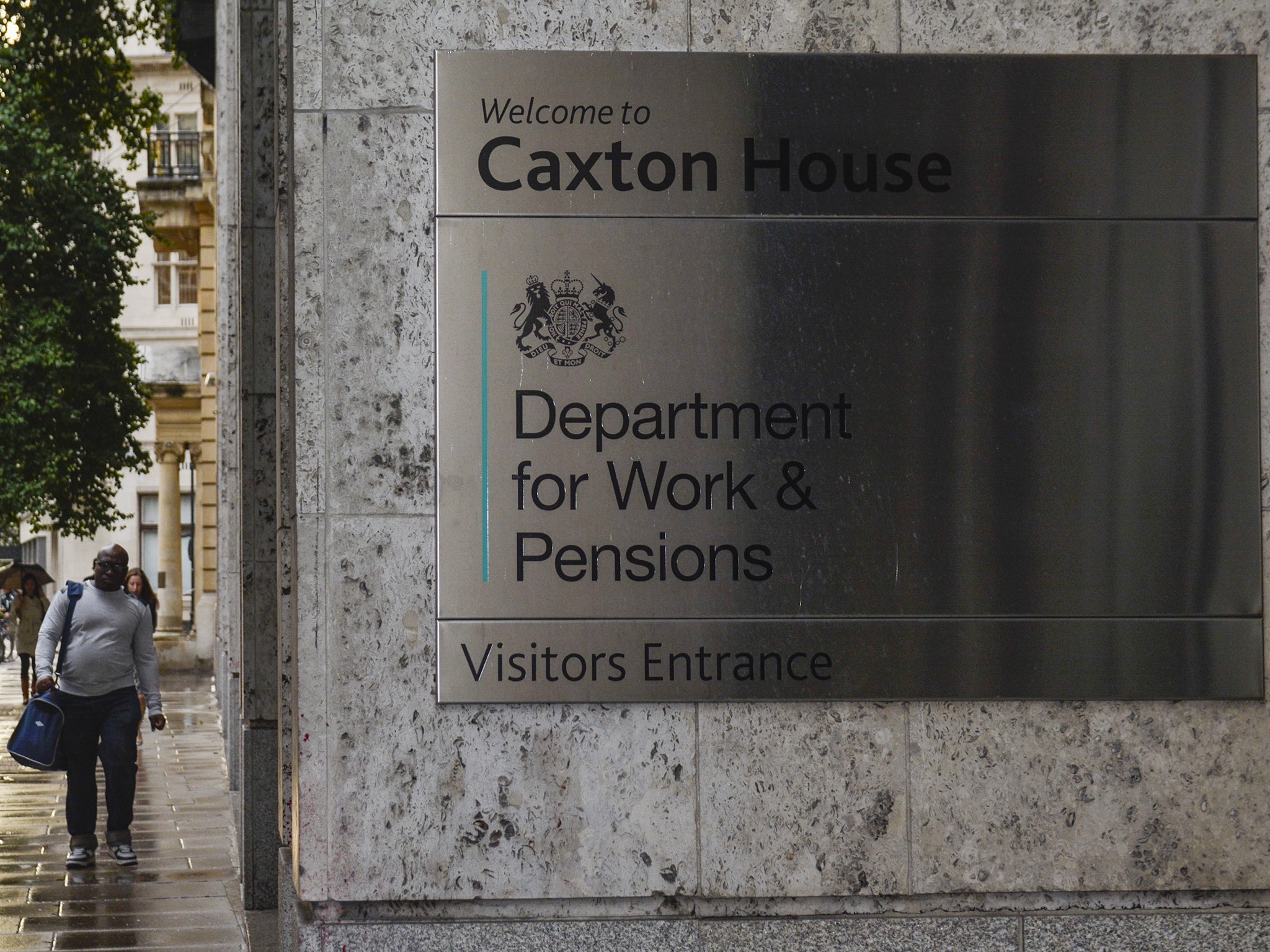Iain Duncan Smith's tougher fit-to-work tests 'coincide with 590 additional suicides'
Academic researchers also find 279,000 cases of mental ill health and 725,000 more prescriptions for antidepressants

The introduction of tougher fit-to-work tests for sick and disabled people have coincided with hundreds more suicides and thousands more cases of mental illness, academic researchers have said.
In findings that could be hugely damaging for the Government’s welfare reform agenda, experts from the universities of Liverpool and Oxford said that up to 590 additional suicides, 279,000 cases of mental ill health and 725,000 more prescriptions for antidepressants between 2010 and 2013 were associated with the introduction of the more stringent Work Capability Assessment (WCA).
While the study could not prove cause and effect, the leading mental health charity Mind said the findings were “worrying” and evidence that the new fit-to-work tests could be “seriously harmful”.
The Royal College of Psychiatrists also said the research was of “high quality”, adding that it called into question the wisdom of the Government’s reforms.
However, the Department for Work and Pensions has challenged the findings, published online in the Journal of Epidemiology and Community Health. They come after a coroner’s report in September blamed the suicide of a disabled man on the WCA.
Labour said the new findings should be “devastating for the Government”.
The research compared local trends in suicide, antidepressant prescribing and self-reported cases of mental ill health in English local authorities, with the numbers of disability assessments carried out between 2004 and 2013.
In those areas with the highest rates of reassessment using the WCA, there were also higher increases of all three factors. The researchers said that despite carrying out extensive work to rule out other confounding factors, the data suggested the increase could be linked to WCA.
“Our study provides evidence that the policy in England of reassessing the eligibility of [disability] benefit recipients using the WCA may have unintended but serious consequences for population mental health,” they conclude. “There is a danger that these adverse effects outweigh any benefits that may or may not arise from moving people off disability benefits.”
“Although the explicit aim of welfare reform in the UK is to reduce ‘dependency’, it is likely that targeting the people in the most vulnerable conditions with policies that are harmful to health, will further marginalise already excluded groups, reducing, rather than increasing, their independence.”
Tom Pollard, policy and campaigns manager at Mind, said it had long called for an overhaul of the fit-to-work tests.
“This worrying study shines a light on the damaging impact the Work Capability Assessments can have on people’s mental health…We know that people with mental health problems often find these assessments hugely stressful and, since they don’t accurately assess the extent to which a mental health problem can affect someone’s ability to work, many individuals get the wrong outcome.
“This could mean they are required to look for work before they are ready, or have to go through a lengthy and stressful appeals process to challenge the decision, all of which can impact further on their mental health.”
And Dr Jed Boardman, the Royal College of Psychiatrists’ spokesman on social inclusion and a consultant in social psychiatry at South London and Maudsley NHS Trust, said that while causation could not be proved, the links between WCA, mental illness and suicide “seem to be valid”.
“The findings of this study are consistent with several others suggesting a link between the austerity and welfare reform measures on peoples’ mental health,” he said. “The findings are reinforced by accounts of clinicians, of people with lived experience of mental health problems and of many disability groups of the adverse effects of the recent welfare benefit changes and the system of assessments for out of work and disability benefits.
“It brings into question the wisdom of current spending and welfare reform policies and their effects on health and wellbeing, particularly for vulnerable groups.”
Debbie Abrahams, Labour’s shadow minister for disabled people said: “The findings are devastating for the Government. They are damning of the Government’s approach to disabled people receiving social security support, and in particular of their Work Capability Assessment process….I have been calling for an overhaul of the WCA; this report shows how desperately it is needed. The views and experiences of disabled people have to be right at the heart of that process. Labour wants disabled people to be able to play a central role in both the development and monitoring of this."
A DWP spokesman called the report misleading: “The authors themselves caution that no conclusions can be drawn about cause and effect. In addition, it is concerning that they provide no evidence that the people with mental health problems highlighted in the report even underwent a Work Capability Assessment.”
Subscribe to Independent Premium to bookmark this article
Want to bookmark your favourite articles and stories to read or reference later? Start your Independent Premium subscription today.

Join our commenting forum
Join thought-provoking conversations, follow other Independent readers and see their replies